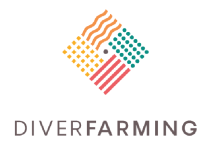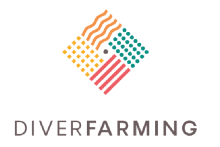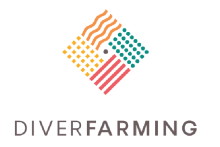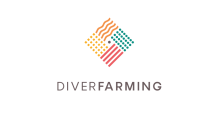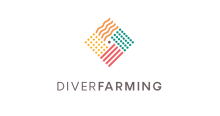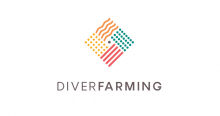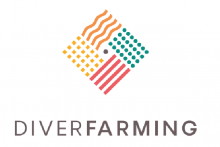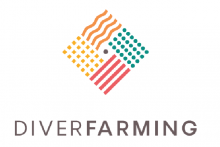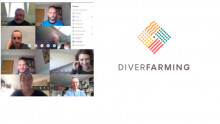Diverfarming - Crop diversification and low-input farming across Europe: from practitioners engagement and ecosystems services to increased revenues and chain organisation
Project ID
728003 - H2020-RUR-2016-2
Project title
Crop diversification and low-input farming across Europe: from practitioners engagement and ecosystems services to increased revenues and chain organisation — Diverfarming
Project manager, contact details
Krisztián Tóth, toth.krisztian@pte.hu
Academic supervisor, contact details
Dénes Lóczy, Dr., loczyd@gamma.ttk.pte.hu
Total project budget
9.999.277 EUR
Total budget of UP
344.062 EUR
Project start date
Project end date
Coordinator
Universidad Politecnica de Cartagena (ES)
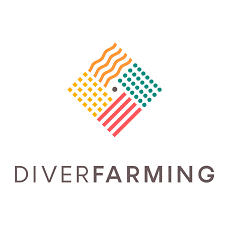
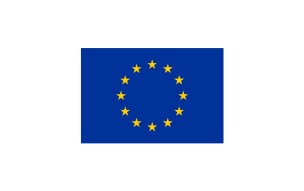
Partner Organisations
Universidad Politecnica de Cartagena (ES), Consiglio per la ricerca in Agricoltura e l’analisi dell’economia agraria (IT), Agencia Estatal Consejo Superior de Investigaciones Cientificas (ES), Universita degli studi della Tuscia (IT), Asociacion Regional de Empresas Agricolas y Ganaderas de la Comunidad Autonoma de Murcia (Adeasja) (ES), Consorzio Casalasco del Pomodoro Societa Agricola Cooperativa (IT), Arento Grupo Cooperativo Agroalimentario De aragon S.coop (ES), Barilla G.e R. Fratelli S.p.A. (IT), Disfrimur Logistica S.L. (ES), Universidad de Cordoba (ES), Wageningen University (NL), Firma Nieuw Bromo van Tilburg (NL), Kaasmakerij Henri Willig B.V. (NL), Industrias David S.L. (ES), University of Portsmouth Higher Education Corporation (UK), Universitat Trier (DE), Eidgenoessische Technische Hochschule Zuerich (CH), Frey-Treselerfrey Katharina (DE), The University of Exeter (UK), AKA Kereskedelmi, Termelő és Szolgáltató Kft. (HU), NEDEL MARKET Mezőgazdasági Termelő Kereskedelmi és Szolgáltató Kft. (HU), Luonnonvarakeskus (FI), Paavola Risto Kalervo (FI), Rainio Lasse (FI), Pécsi Tudományegyetem (HU)
General description
With the long-term view of increasing diversification and biodiversity in Europe and fostering sustainable development of bioeconomy, the Diverfarming consortium come together to develop and deploy innovative farming and agribusiness strategies. Diverfarming will increase the long-term resilience, sustainability and economic revenues of agriculture across the EU by assessing the real benefits and minimising the limitations, barriers and drawbacks of diversified cropping systems under low-input agronomic practices that are tailor-made to fit the unique characteristics of six EU pedoclimatic regions (Mediterranean south and north, Atlantic central, Continental, Pannonian and Boreal), and by adapting and optimising the downstream value chains organization. This approach will provide: i) increased overall land productivity; ii) more rational use of farm land and farming inputs (water, energy, machinery, fertilisers, pesticides); ii) improved delivery of ecosystem services by increments in biodiversity and soil quality; iii) proper organization of downstream value chains adapted to the new diversified cropping systems with decreased use of energy; and iv) access to new markets and reduced economy risks by adoption of new products in time and space. The diversified cropping systems will be tested in field case studies for major crops within each pedoclimatic region. In the end, Diverfarming focuses on research and innovation for rural development, with emphasis on developing new framework systems and business models adapted to the rural context of each pedoclimatic area of the EU, to foster sustainable growth through adoption of diversification, sustainable practices and efficient use of resources.
Program
Horizon 2020
Application monitoring
Link
News reference

